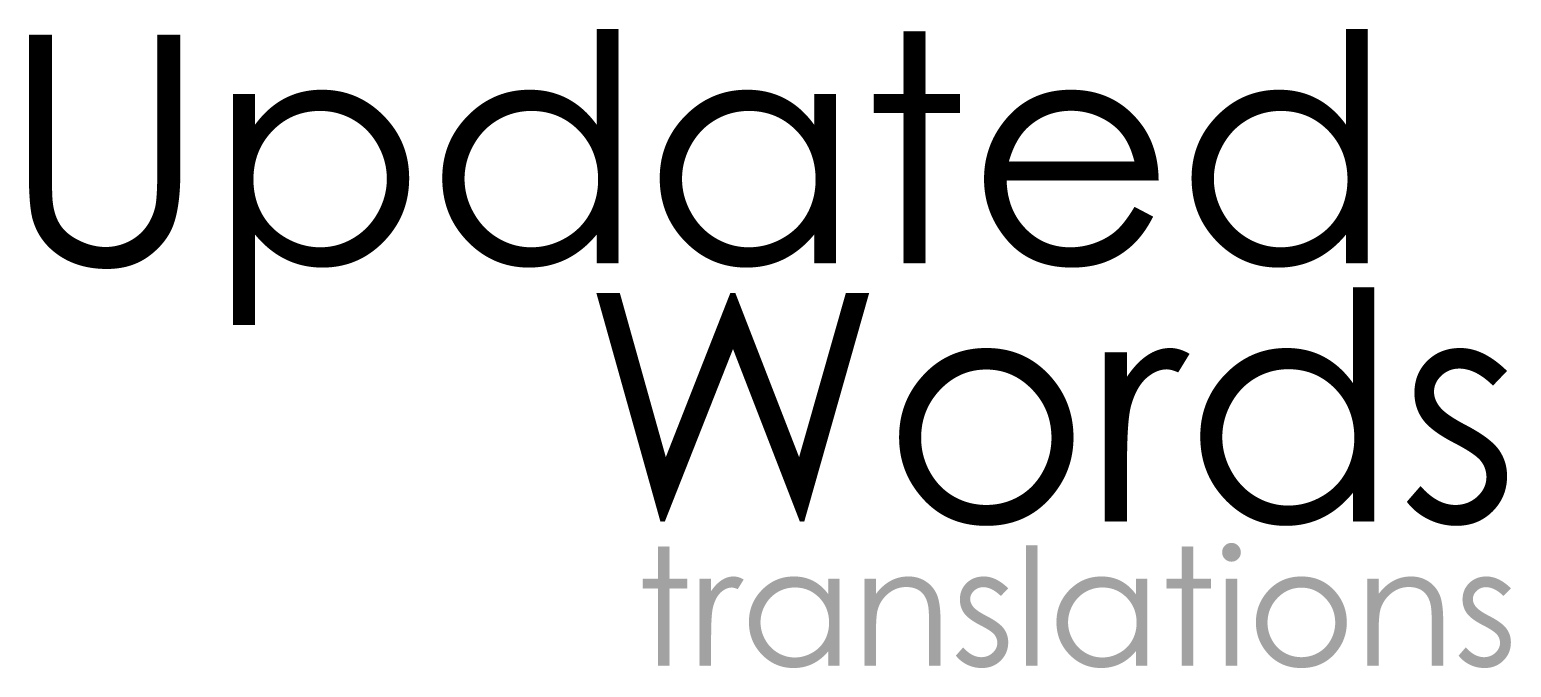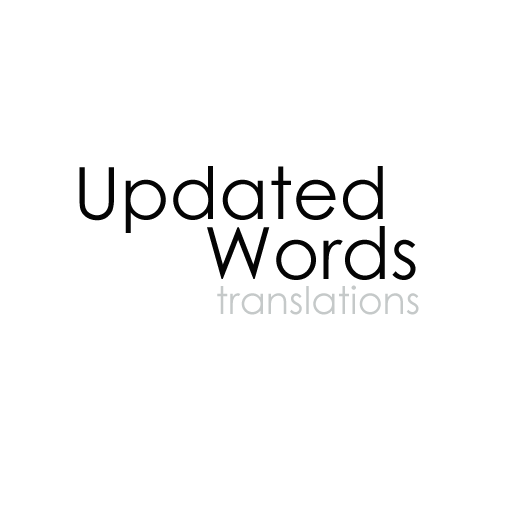Rules and regulations differ from country to country. Some countries, like Australia, may have a system in place where a regulator body can certify translators, who subsequently certify their translations; but in some countries that may not exist and clients may have to follow a few steps. It is important that, before looking for a Certified Translation service, you know what the regulations are in the country where that translation is intended to.
In Australia
If you are in Australia, and you are submitting paperwork to an official body in Australia, you will need the services of a Certified Translator. NAATI (National Australian Authority for Translators and Interpreters) is the certifying body. So, that means that the person who translates your document must be a NAATI Certified Translator. That translator has gone through a very strict process to evaluate their professional skills and once they have proven those qualifications, they will be given authority to certify translations in the pair of languages and direction from which they got their qualifications. It is important to note that, although most of us have certification in both directions of translation in our language pair, some of us don’t, and if we don’t have it we cannot certify translations in that particular direction.
When you hire the services of a Certified Translator in Australia, you will get the final product from them. Your translated document will have the signature and stamp of that translator and it’s ready to be included in your application.
In Portugal
In Portugal, regulations are different and so are in many other countries. According to IRN (Institute of Registry and Notary) , any translation to be submitted in Portugal must be done by:
- Portuguese Registry Office
- Central registry Office
- Civil Registry Office
- Portuguese Consulate of the country where the document was issued
- Consulate representative of the country where the document was issued
- Chambers of Commerce and Industry
- A qualified translator and then certified by one of the entities named above.
- A lawyer
So basically, what this means is that you will need to get the document translated by a professional translator and then certified by one of these identities. Usually, none of these identities offers translation services. They simply certify the identity of the translator and the translator needs to affirm their professional qualifications before them for the translation to be certified.
The costs
If you require your translation to be certified, you should be aware of the costs you may incur in different countries. For example, in Australia, you may simply pay a Certified Translator for their services and the job is done. But in other countries, such as Portugal, apart from the cost of the translation services, you will also have to pay for its certification. Those costs will depend on what the respective identity charges for the certification.
What you should know
There are a few things you should know about Certified Translation. When you are submitting paperwork with an official identity, or any other body that requires all translated documents to be certified, you must beware of the regulations of that particular body or country. What may be the rule in your country of residence, may not apply in a foreign country and if you are not aware of that you may end up paying double for not choosing the right service in the beginning.
Ask the institution to which the documents are intended to what their regulations are in terms of translated documents, so you know beforehand what do you need and what serviced to look for. Then, if, like in Portugal, you need to have the translation certified by a third party, visit their website and make a few enquiries about the costs of that certification, so you know what to expect in terms of costs. Then choose a professional translator, that will ensure you great results.

